Hard courses BBC learning unit 12
Unit 12: English You NeedExams, news, pronunciation, teachers' tips, learners' questions
1: Try out past exam papers2: Get your timing right3: Understand the instructions4: Keep calm!5: Get organised6: Sleep well - arrive early
3. Session 3
This session discusses about pronounciation in the news of military
4. Session 4
This session disscuses about fun collocation activities
Fun collocation activities
Collocations are commonly put together pairings of words. They can be weakly or strongly related. Learning them will greatly enhance your students' use of vocabulary and speaking skills. So here are a few fun and memorable activities you can use to practise them.
Collocation race
The easiest way to practise collocations is to have students sort them into columns on the board. Split the board into columns with half a collocation as a heading. Then call out, hand out or provide the other half and have students put them in the right columns. To make this competitive, create two teams and have a race.
Collocation place
Divide your teaching space into several areas and assign one half of a collocation to each area. Then call out the other half. Students must move to the space which represents the matching collocation pair. Once they get there, have them make a sentence using the collocation.
Collocation aim
Great for young learners, or just doing something a bit different! Get the students to screw up paper into balls. Draw targets on the board and assign them a collocation half. Then call out the other half and have students throw their balls at the correct target. Or, if you have a class that gets on well, you can assign students as targets for a bit of fun.
Collocation mingle
Print collocations on cards – half of the pair on one card and the other half on another. Distribute these cards to students and have them mingle with each other to try and find their collocation partner. To make things a bit more challenging, use one or two collocations that could have more than one possible pairing.
Collocation gap fill
For higher level students, or those doing academic work. Take an authentic text, find relevant collocations and blank out one half of each collocation pair. Then give the students the text and ask them to work together to complete it using whatever word they think is correct.

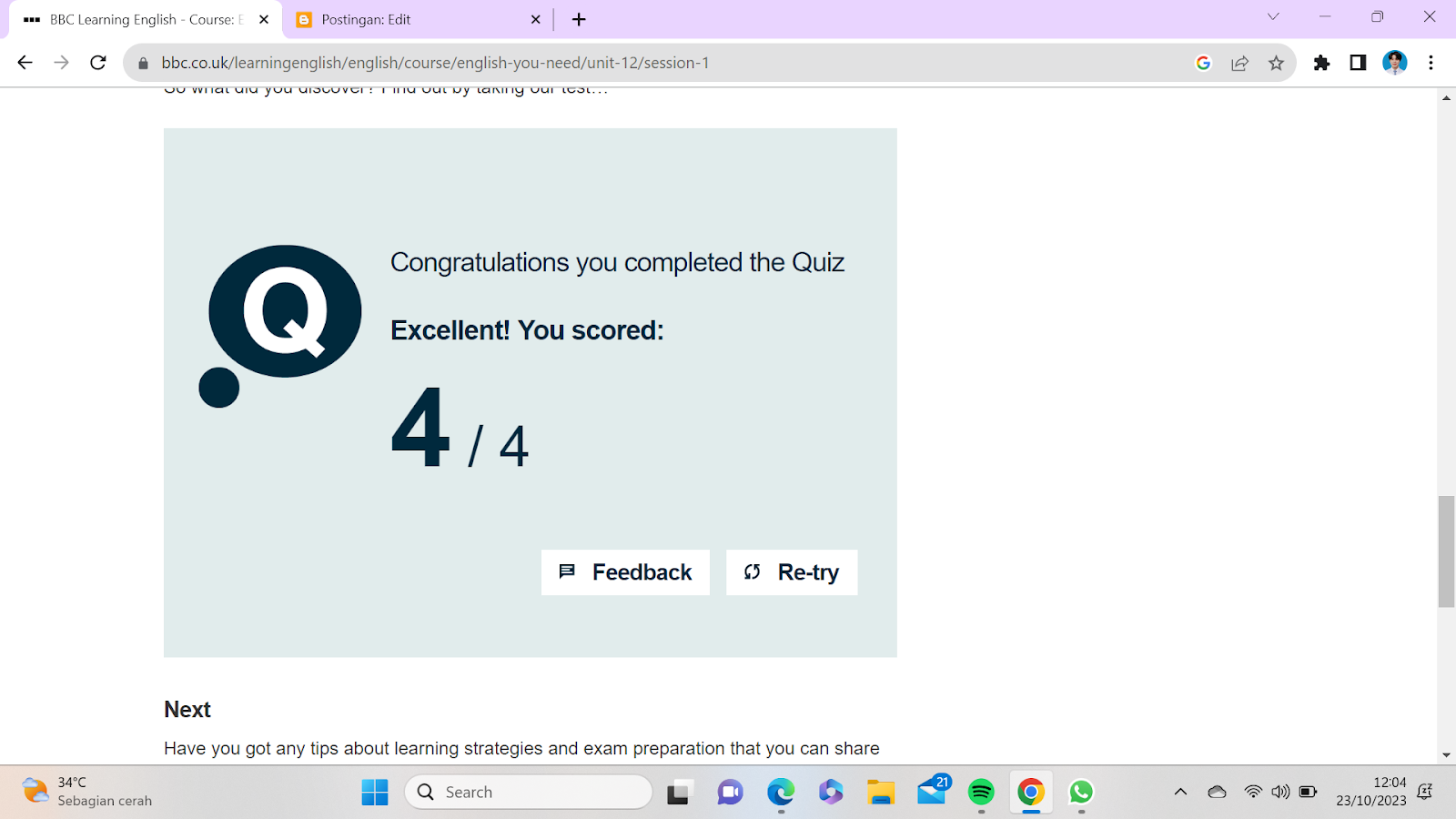


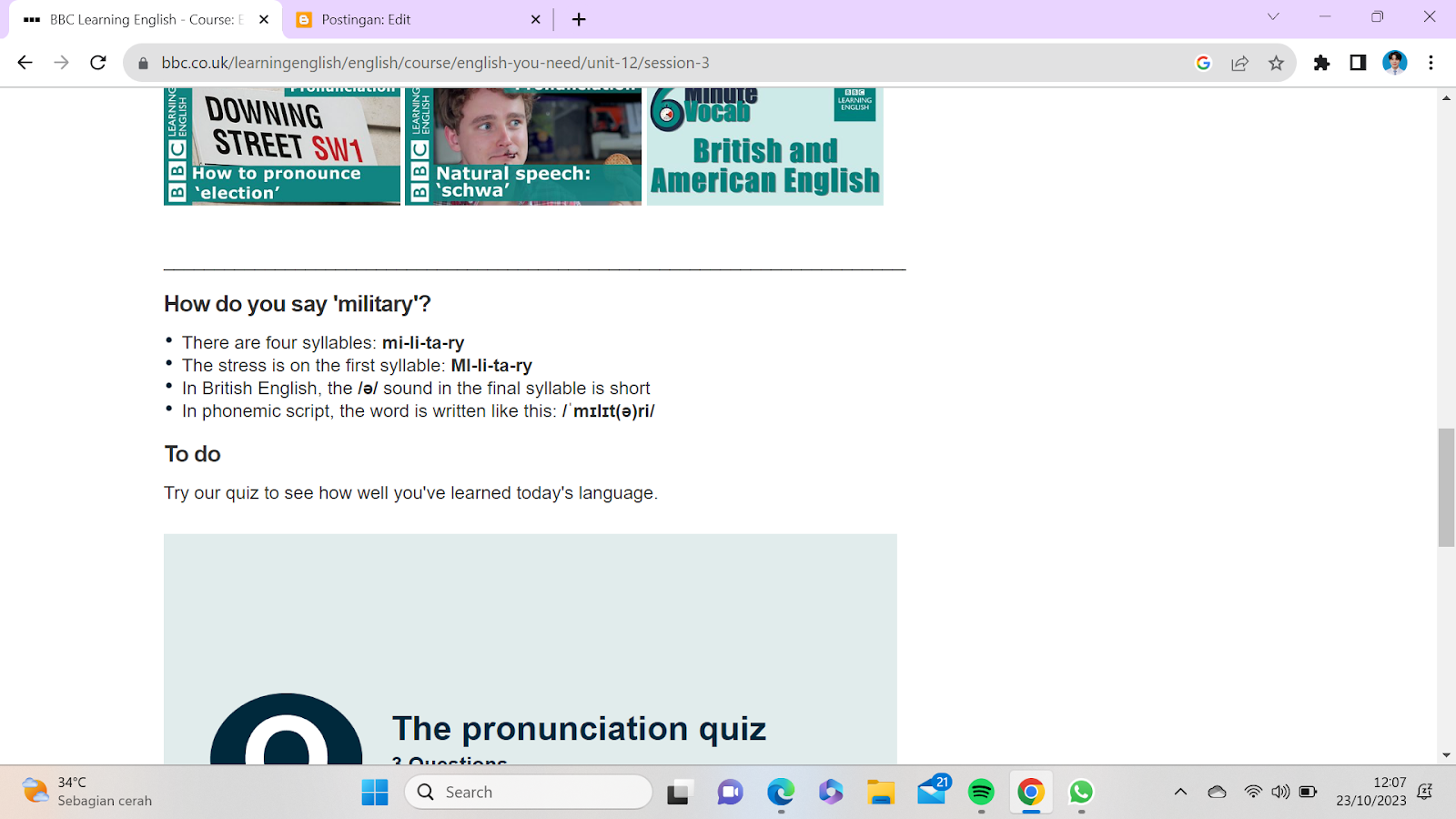
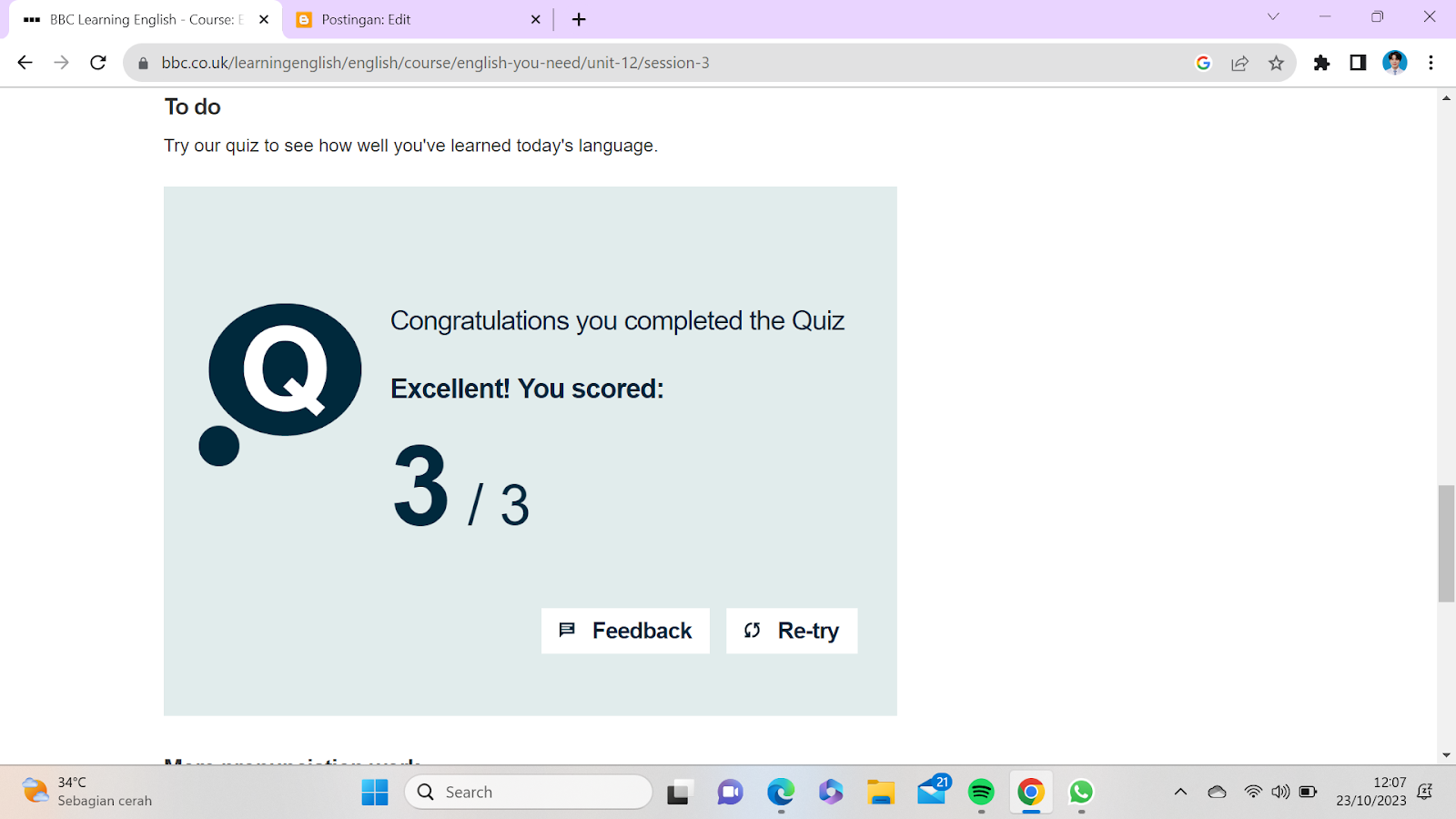


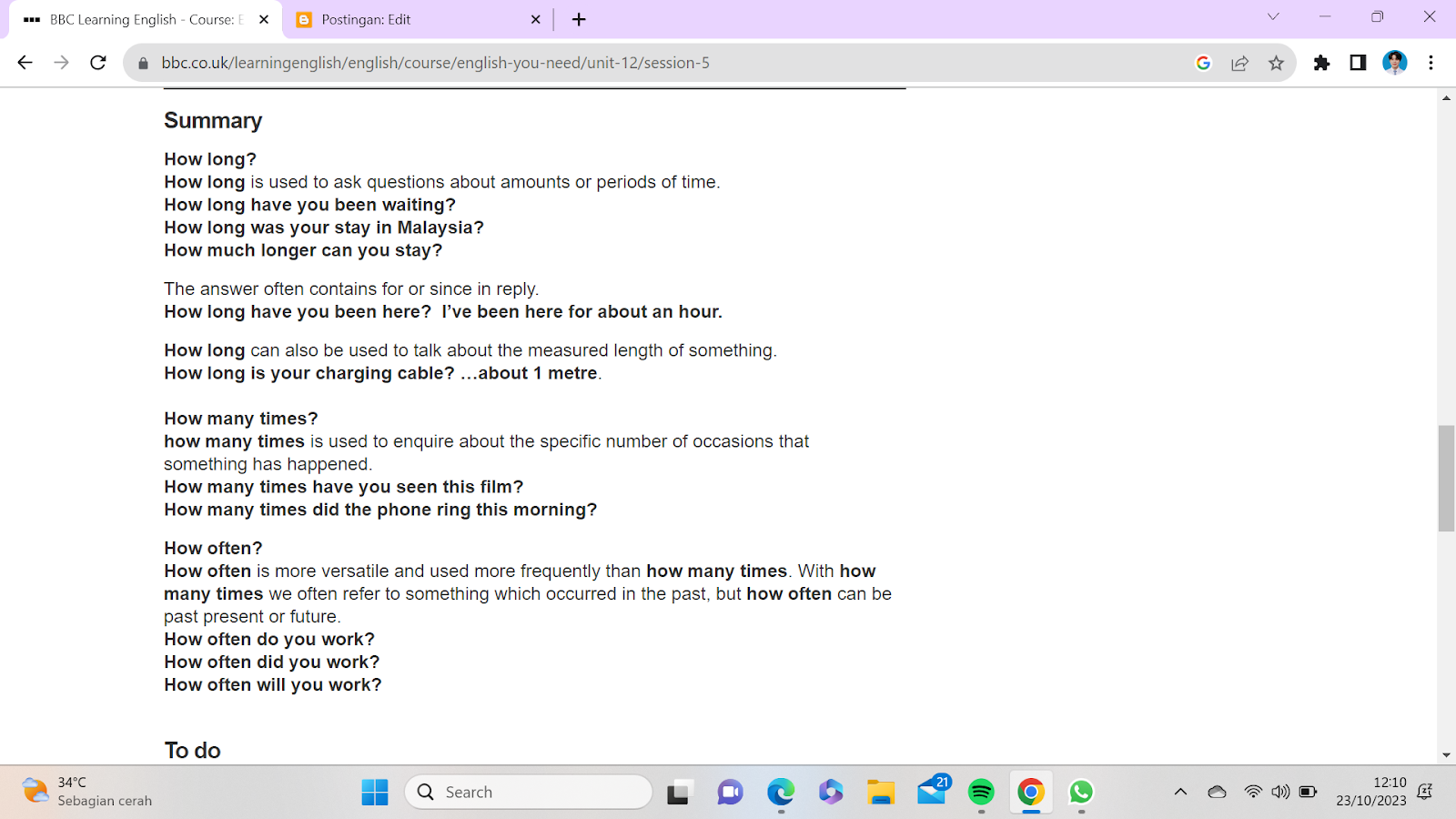
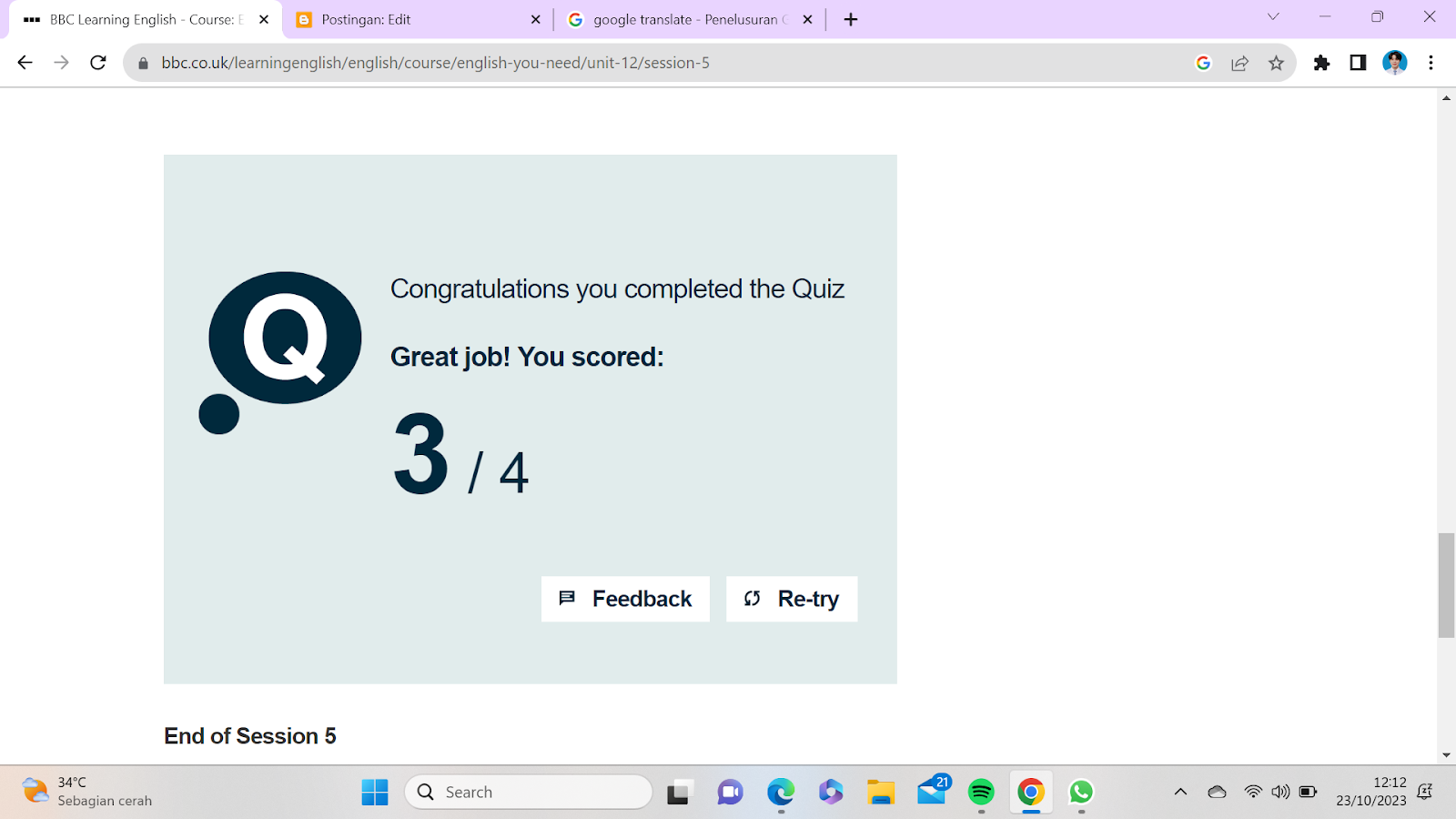

Komentar
Posting Komentar